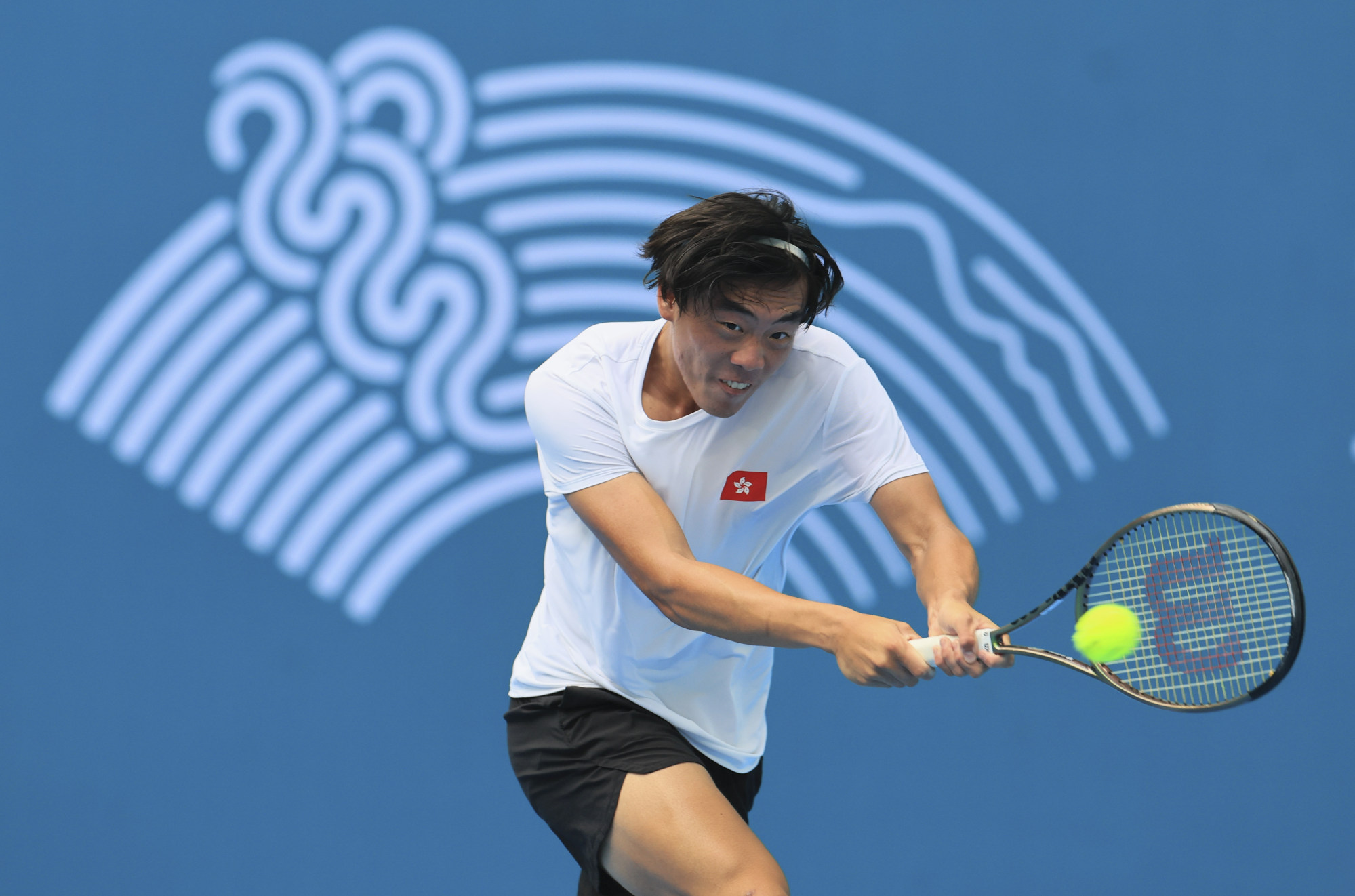
Hong Kong tennis chief ‘honoured’ to be joining world governing body, says focus will be on helping smaller nations grow
- Philip Mok will stand down as president of the Hong Kong, China Tennis Association this month to join the International Tennis Federation’s board
- Mok wants Hong Kong to learn from Japan when it comes to developing next generation of players
Hong Kong tennis chief Philip Mok Kwan-yat will step down from his position this month to take on the task of helping to grow the game globally, while also hoping to boost the city’s sporting reputation.
Mok, who has served as president of the Hong Kong, China Tennis Association since 2015, has been elected to the 16-member board of the sport’s world governing body.
The 52-year-old said he was “honoured” to be joining the International Tennis Federation (ITF), and planned to use his position to advocate for some of the smaller nations.
He believed the relative success Hong Kong has enjoyed within the game in recent years, from a playing and hosting perspective, led to his appointment in September.
The likes of Coleman Wong Chak-lam and Eudice Chong, who both rank in the top 300 of their respective men’s and women’s tours, have made impacts on the court, while the city will host its first ATP event for more than 20 years in 10 days’ time.

“Despite being a small city with not a very strong sporting culture, they’ve seen what a small place like Hong Kong could do,” Mok said.
As one of the eight new board members at the ITF, and only one of three from the region, Mok is determined to help developing tennis nations, and in doing so making the sport better.
“Like in my pitch to the delegates, I will represent the interests of the smaller nations,” he said. “Some may even be struggling to have a few courts in their country, or with different types of resources like coaching and education.
“One key role I could play is to listen to them, understand more about their needs so that when I give my comments during board meetings, it better reflects how the game actually is globally.”
The businessman also considers developing nations to be an important part of the future of tennis, and said the “prospect for growth is tremendous”.
“While they [smaller nations] may not be producing top 100 ATP or WTA players right now, we should not forget about them, ignore them but help them to grow,” he said. “And that, I think, will feed into the entire ecosystem and just make tennis so much better.”
With neighbouring places such as Singapore and Macau spending money to host world-class sporting events, Mok said he thought that “healthy competition” should make Hong Kong think more deeply about what it should do.
“I think in recent years [the government] have decided that sports are not just sports but it can be used to drive a lot of good things,” said Mok, who is also vice-president of the Asian Tennis Federation.
“The government now has a very strong focus on tying sports culture together with tourism in order to revive Hong Kong as a world city, and sports are an excellent conduit to pass this message to the world.”
Mok also believes Hong Kong tennis should learn from Japan when it came to developing local talent, given the success that country’s players have enjoyed across junior and professional levels.
“They practically have the same build as Chinese, so, you see that it’s not all about size and power,” he said. “If they can do it, we can do it, too.
“We still have to rely on foreign imported coaches, which in itself is not a bad thing, because you do want to learn from the best from around the world.
“But this needs to translate into the development of our own local coaches because only through that you can really build a strong tennis culture.”
Following Mok’s election to the board, the ITF will host its next global annual meeting in Hong Kong in October, bringing around 300 delegates to visit the city to discuss topics about global tennis development.
Hong Kong last held the meeting in 1994, with South Korea and Vietnam the only other two countries in the region to have done so since, in 2007 and 2017, respectively.

 - Mike Chan.jpeg?itok=EQbwYm3R&v=1669714688)